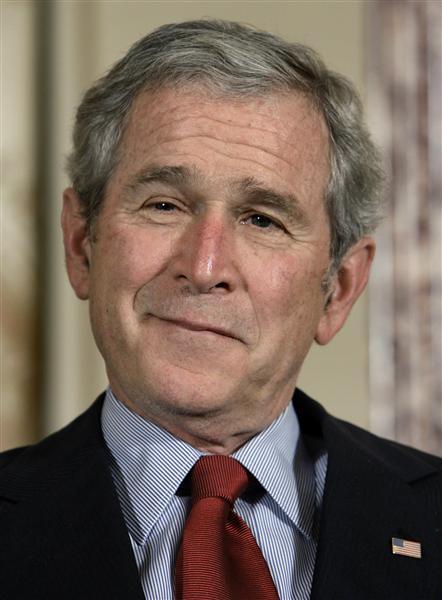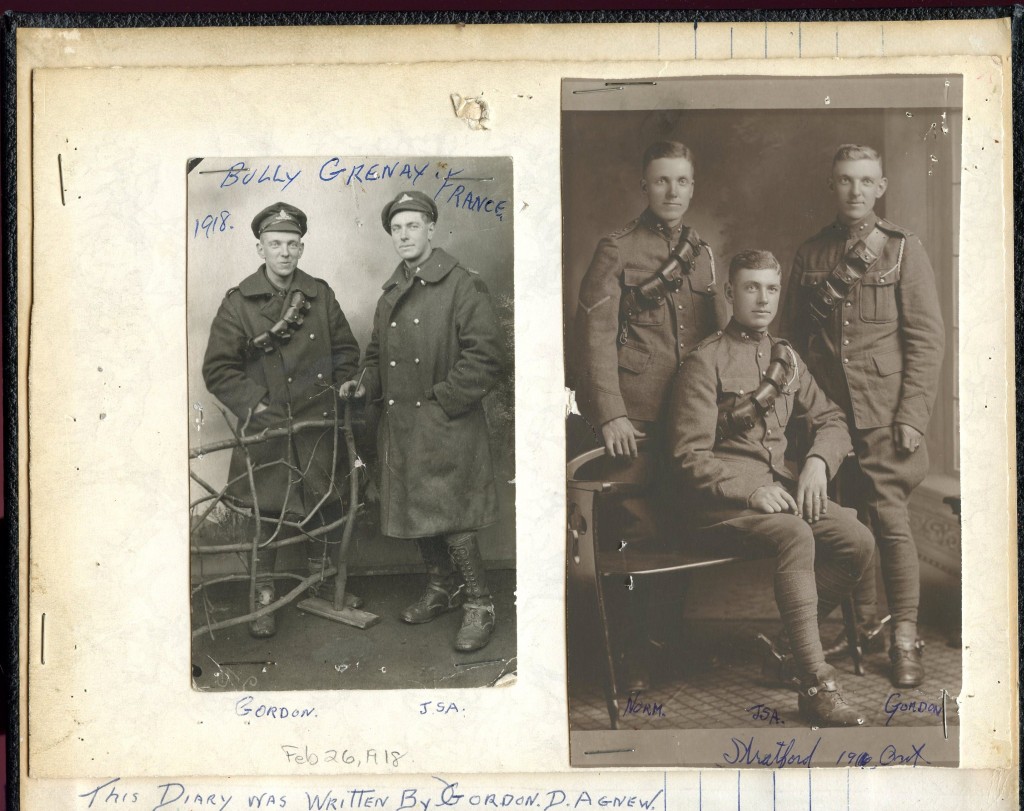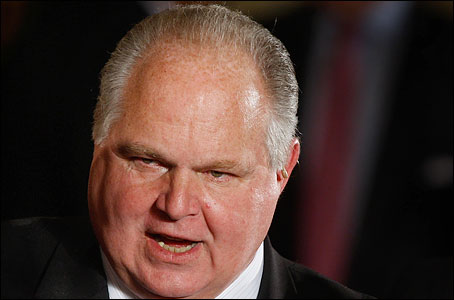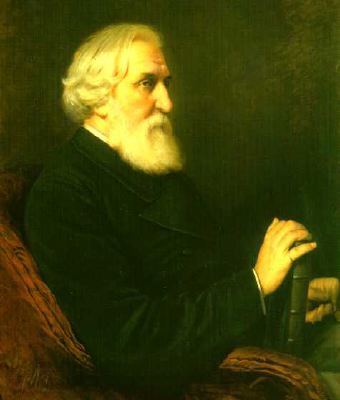httpv://www.youtube.com/watch?v=FFNqj3RGUuM
“Heart of Gold,” performed live in 1971 (sorry for the weird and inexplicable first five seconds of this clip)
Today is Neil Young‘s birthday (born 1945). Young seems to make a point of being known as Canadian (there’s the Toronto Maple Leafs patch he prominently displays on his jeans in concert, for starters). His more than forty year long career has always been based in the U.S. But he has never sought American citizenship and lives about half the year in Canada.
That’s gratifying to know and to say. But it may also be beside the point, as Frye suggests in “Levels of Cultural Identity”:
I suppose that nowhere in the world is there a relationship between two countries even remotely like that of Canada and the United States. The full awareness of this relationship is largely confined to Canada, where it has churned up a great deal of speculation about “the Canadian identity,” the extent to which Canadians may be said to be different from non-Canadians, meaning, ninety percent of the time, Americans. I am not concerned with this approach to the question, which seems to me futile and unreal. A nation’s identity is (not “is in”) its cultural, and culture is a structure with several different levels. On an elementary level there is culture in the sense of custom or life-style: the distinctive way that people eat, dress, talk, marry, play games, produce goods, and the like. On this level culture in Canada, including both English and French Canada, has been practically identical with the northern part of American culture for a long time. This fact is not, in my view, one of any great significance. The time is past when we could speak of the “Americanizing” of this aspect of Canadian life. What faces us now is the homogenizing of the entire world, including the United States, through twentieth-century technology. Today Canadians, like other people, are hardly more Americanized in their lifestyle than they are Japanned or common-marketed.








